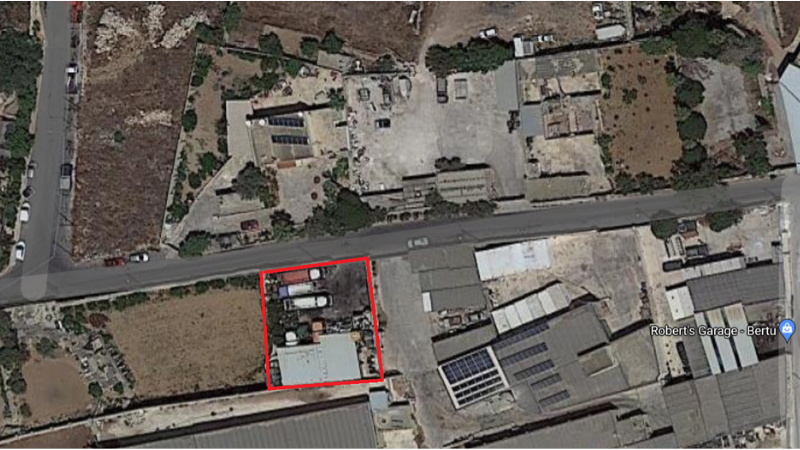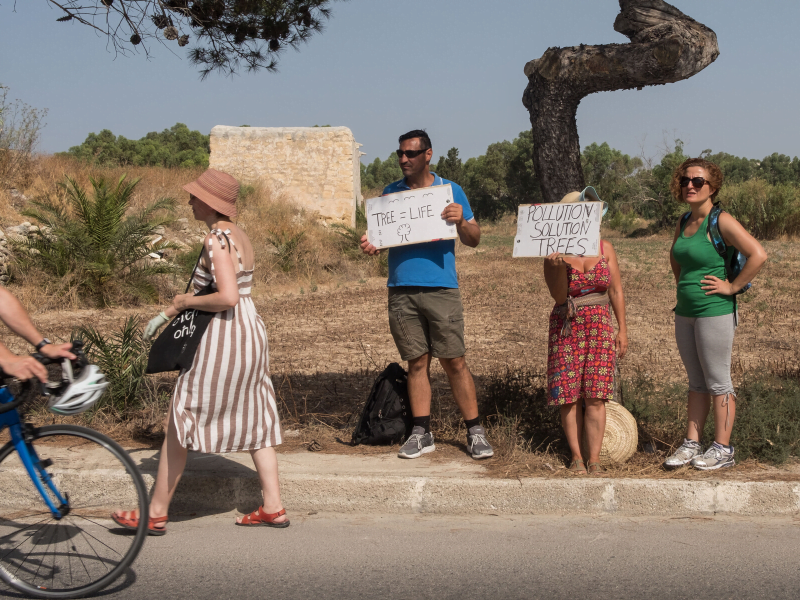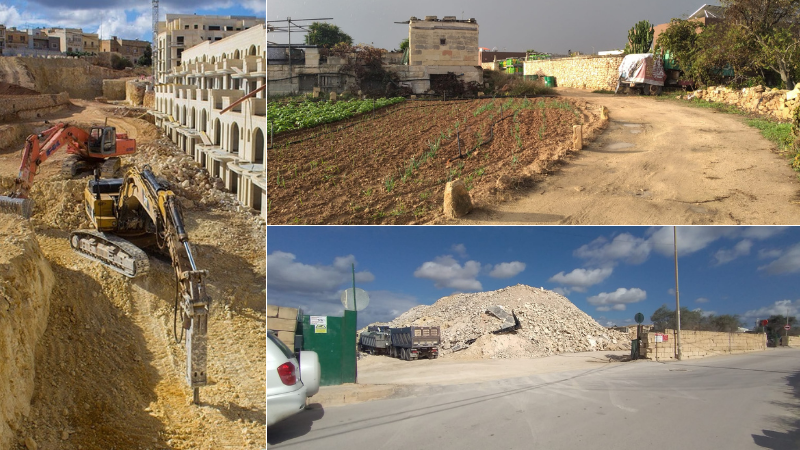A series of decisions by the Environment Planning Review Tribunal to overturn controversial permit refusals has led organisation Din L-Art Ħelwa (DLH) to propose a mechanism “to identify those decisions that are clearly against” the planning regime’s own guidelines and regulations.
DLH president Alex Torpiano was replying to questions from The Shift on an analysis that looked at several different case studies in which the tribunal (EPRT) ignored policy-based arguments while leaning on prior development as justification for further development, also ignoring public opposition towards certain projects.
“Planning policy is law, and cannot be overridden by the EPRT, otherwise this renders planning policies irrelevant, and, worse, discriminatory, in the sense that they are applied against some individuals but not against some other applicants,” Torpiano told The Shift.
“A proper appeals system should not depend on eNGOs mounting a continuous guard against these abuses, at a significant financial and human resource cost, simply because the authorities are incapable of policing the actions of such tribunals. It is ironic that if, for some reason, no eNGO manages to file an objection, this is taken to imply that an application can be approved, even if clearly against policy and against good planning principles,” he added.
One example of this occurred when, in February, the EPRT overturned the Planning Authority’s (PA) refusal to sanction the conversion of Outside Development Zone (ODZ) land into a storage yard for refuse trucks as well as the illegal construction of an office and a tool room.
The rejected application for sanctioning works at a field in Triq il-Ġarġir in Rabat was originally filed in 2018 by the cousin of the Labour Party’s secretary, Wilson Mifsud. On appeal, it was taken up with the EPRT, which deferred taking a decision for almost two years before it finally overruled the PA’s numerous objections.
The EPRT agreed with Mifsud’s architect that the area surrounding Mifsud’s yard was already ‘committed’ to development and that the yard, therefore, does fit into that context, whereas the PA argued that the development is in clear breach of planning policies and should not be allowed.
‘They ignored policies and gave more weight to commitment’

A Google Maps screenshot showing the yard used to store Wilson Mifsud’s waste disposal vehicles, marked in red.
When asked to review Mifsud’s appeal at the EPRT, a planning expert confirmed The Shift’s analysis, citing specific court of appeals cases such as Said Mario v the Planning Authority et al which outline how policies should always overrule commitment.
In that case, the person filing it managed to overturn the EPRT’s decision to refuse an attempt at revoking a building permit for a neighbouring villa after the court of appeals determined that the tribunal was too lenient with the exceptions that were made for building height policies.
In its explanations for the refusal, the PA had clearly outlined which policies Mifsud’s development goes against, including the site being squarely in the middle of a proposed Level 3 Buffer Zone of Ecological and Agricultural Importance, among other issues.
“The PA has to make reference to the case officer’s report that amply points out that the proposed parking facility for refuse trucks does not meet any of the rural policies that regulate developments within such areas including those under the Rural Policy and Design Guidance, 2014 and the Local Plan policies for the locality of Rabat, namely Policy NWAG1 which aims at the protection of agricultural land from all types of inappropriate development,” the PA’s assessment reads.
Spiting the opposition

Protesters stand in front of the trees along the planned Central Link route (2019). Photo: Joanna Demarco.
While the PA receives most of the flak for ignoring public objections when taking a decision on major projects, the EPRT has also repeatedly ignored public objections in such cases. An example of this could be seen in how it threw out a request to suspend illegal works related to Joseph Portelli’s 165-apartment project in Qala while the EPRT decides on the merit of the appeal against the final part of the project being allowed to proceed.
In his comments, Torpiano stated that “it is clear that the EPRT has to be composed of members who are neither ‘dormant’ employees of the Planning Authority, which is one of the parties in appeals, nor persons who are directly or indirectly linked to political parties or politicians”.
A similar situation occurred with Fortina’s attempts at building a pontoon for a hop-on, hop-off ferry service in Balluta Bay when the EPRT refused to suspend the permit granted to Fortina while a pending appeal was still being heard against the proposed works.













